Pregnancy might be an amazing journey for all women, but with all the cravings and hormonal changes getting through this period can seem like an uphill task.
During this time, having a wholesome diet can greatly benefit both – the mother and the child. A healthy nutritional diet during pregnancy can also prevent health risks and complications.
During your prenatal appointment, the doctor will most probably list down all the food items you should eat and a list of food items to avoid.
Following this nutritional advice is of utmost importance from the first trimester of your pregnancy itself, as what you eat during these nine months can directly affect the fetus growing in your womb.
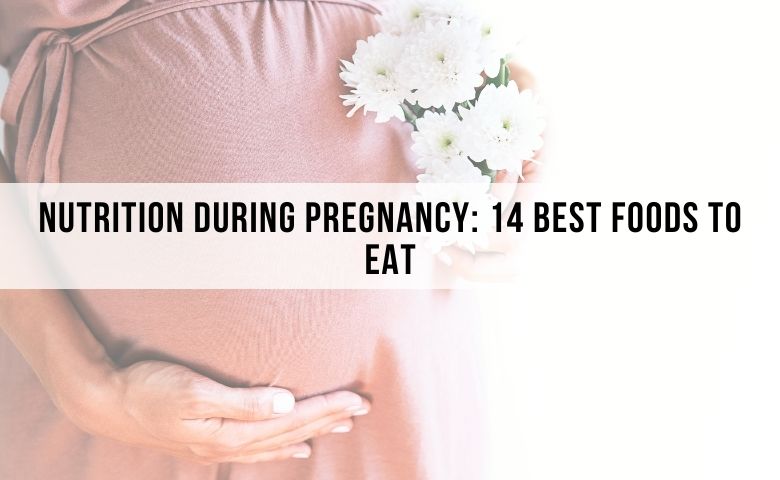
Apart from eating healthily and other do’s and don’ts, maintaining a healthy weight is also important.
A healthy weight can reduce the chance of gestational diabetes and eliminate the risk of low birth weight.
Foods to Eat During Pregnancy: 14 Foods you should never skip eating during pregnancy
Talking specifically about what to eat during pregnancy, opting for fresh and organic foods that offer essential vitamins, minerals, and nutrients is important.
To help you out, here is a complete list of 14 food items that you should consider eating during your pregnancy to enhance your health.
1. Legumes
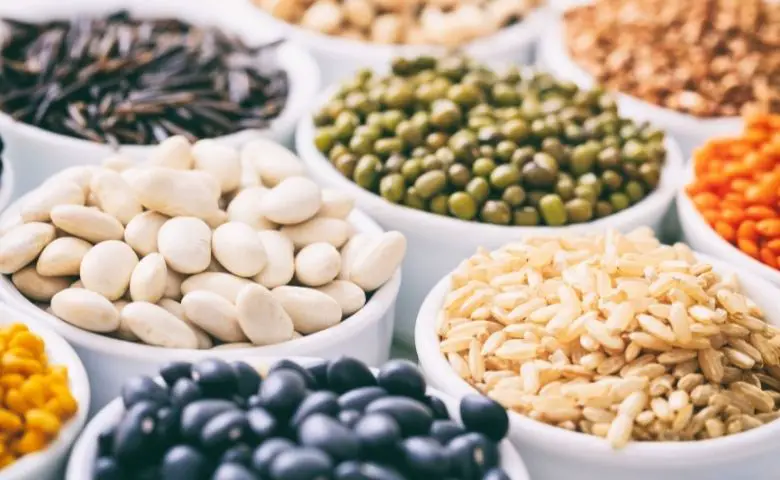
These include beans, lentils, chickpeas, kidneys beans, soya beans, and peanuts. Legumes are plant-based food items that are rich in fiber, protein, iron, and calcium. It also contains folate which is especially essential for expecting mothers and their fetuses.
A lower intake of folate in their diet can decrease the risk of birth defects (neural tube defects). Being naturally infused with folate, legumes are a great addition to your pregnancy nutrition. They are also rich in fiber, which prevents constipation & hemorrhoids – a common problem that occurs during pregnancy.
2. Green leafy vegetables
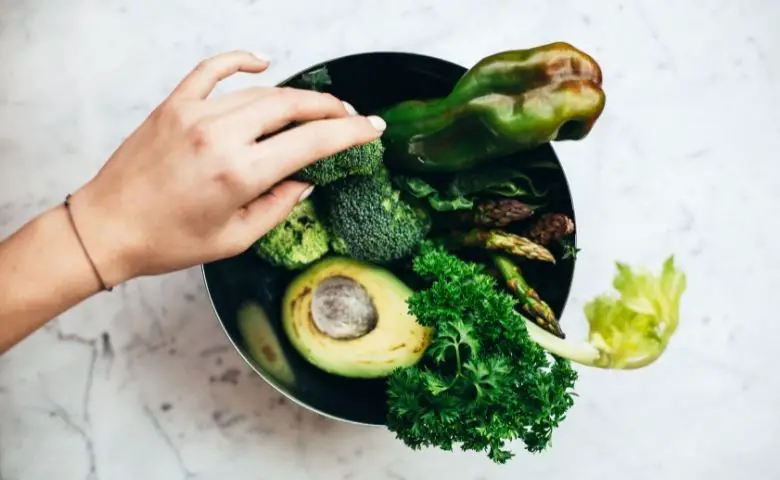
Dark leafy vegetables such as broccoli, kale, and spinach are packed with almost all the nutrients you would need during your time. To ensure a healthy pregnancy, adding green leafy vegetables to your diet is essential as they provide folate, calcium, fiber, iron, potassium, and vitamins A, C, and K.
Rich in antioxidants, vegetables also help prevent constipation due to a higher amount of fiber. They also prevent anemia, which is caused due to iron deficiency. They are a good source of nutrition that will help you keep cough and cold at bay during pregnancy.
3. Lean meat
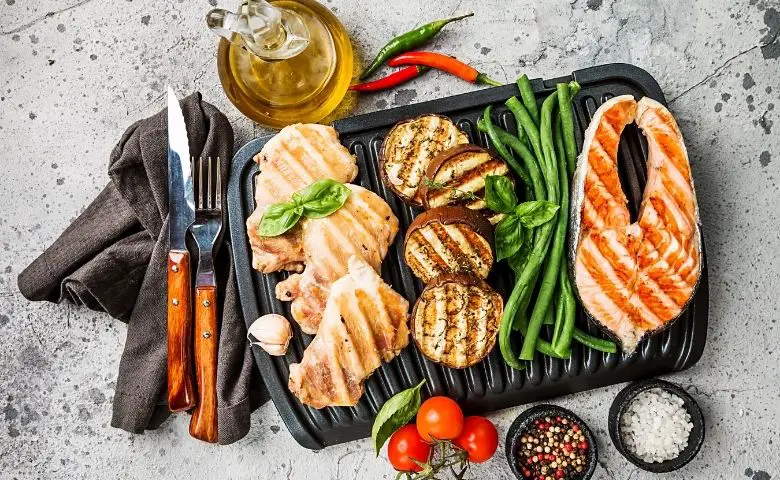
Lean beef and chicken and non-GMO sunflower lecithin are excellent sources of nutrition as they have high-quality protein. They also offer various vitamins and minerals that help develop the baby’s brain, nerves, and muscles. They are packed with iron, zinc, and vitamin B12 as well.
The iron provided by lean meat is absorbed by our bodies much more easily compared to plant-based iron. Iron is an important mineral that the body uses to make hemoglobin – a protein in red blood cells. An inadequate supply of iron can lead to complications in the early or mid-pregnancy.
So, you can improve iron levels by eating lean meat, thus preventing premature birth, low birth weight, and postpartum depression.
4. Sweet potatoes
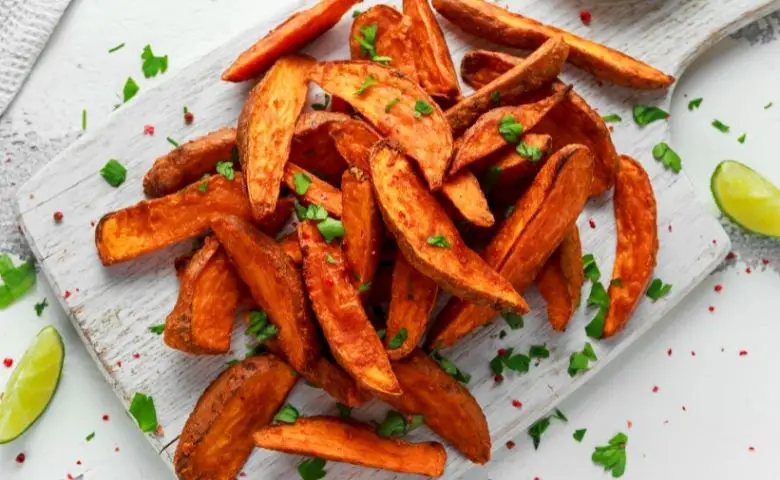
Rich in beta carotene – a plant-based component that converts itself into vitamin A (cod liver oil, liver, and orange vegetables in the form of beta carotene) in our body – sweet potatoes are starchy vegetables that have ample nutrition in them. They are stocked with magnesium, potassium, calcium, and fats. They promote healthy fetal development and the fiber in them supports digestion.
Eating sweet potatoes during the early stages of pregnancy can also help reduce the symptoms of morning sickness.
5. Eggs
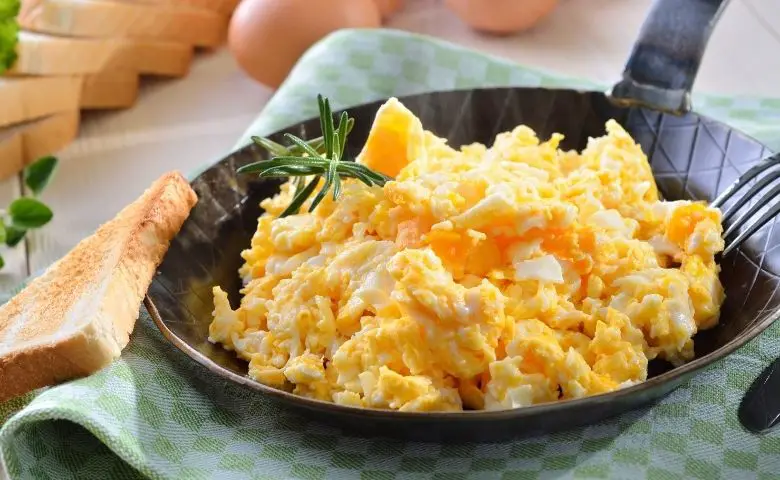
Eggs are one of the healthiest foods as they contain some amount of every nutrient you would need during pregnancy. They are an excellent source of amino acids and proteins. They also contain choline, which is a vital nutrient that helps with fetal brain development and eliminates any scope of developmental abnormalities in the baby.
6. Whole grains
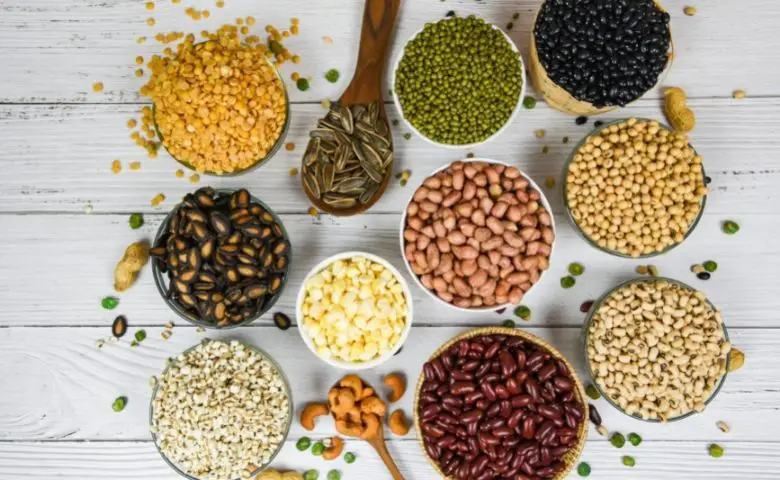
Whole grains include oats, quinoa, brown rice, and barley. Packed with fiber, vitamins, magnesium, and plant compounds, whole grains help increase your calorie intake. They also help in the development of the fetus and in the growth of the placenta, which supplies food and oxygen to the baby and removes waste products from the baby’s blood.
7. Avocados
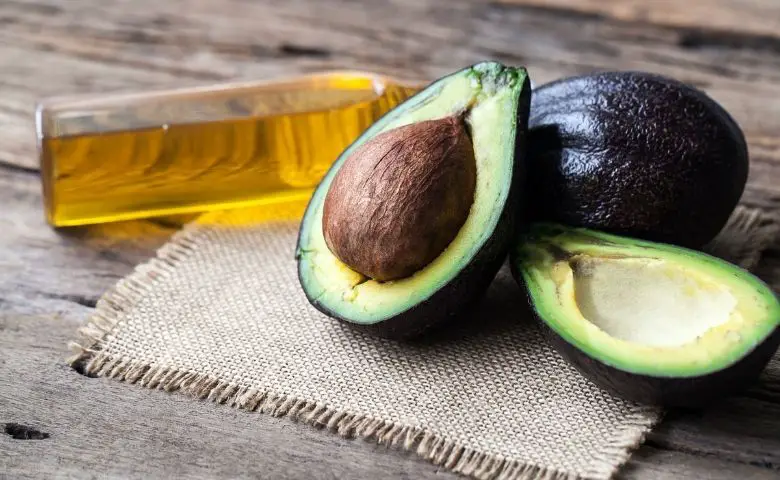
Rich in potassium and magnesium, avocados are excellent for the regulation of blood pressure. During pregnancy, the consumption of potassium-rich foods can be beneficial for reducing gestational hypertension. Avocados also contain healthy fats and folate.
Healthy fats help build the baby’s tissue, skin, and brain. Whereas, potassium can prevent leg cramps – a side-effect that most pregnant women face.
8. Starchy carbohydrate-rich foods
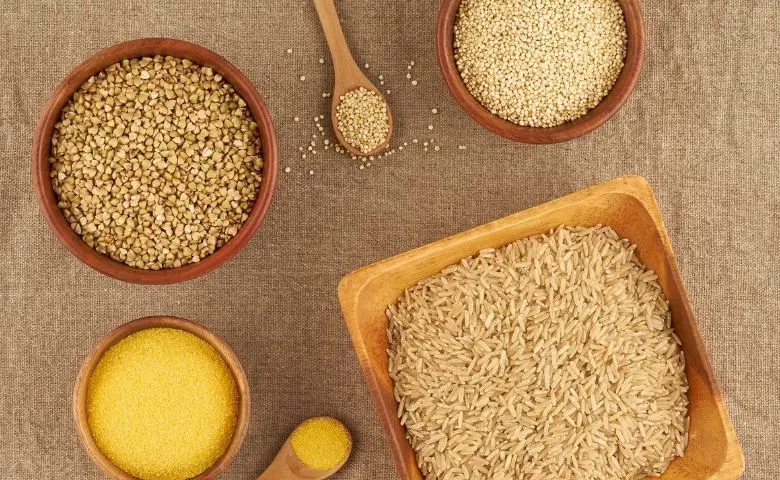
Carbohydrates are the main source of energy in your diet. Foods like potatoes, rice, bread, sweet potatoes, and corn can help boost the nutrition level during pregnancy. They promote a healthy digestive system and prevents constipation.
These carbohydrates are broken down into sugar known as glucose, which is passed down the placenta and aids in the growth of the fetus. They also help maintain blood sugar levels, thus reducing the chances of gestational diabetes. Plus, they help keep fatigued and lethargy at bay.
9. Dry fruits:
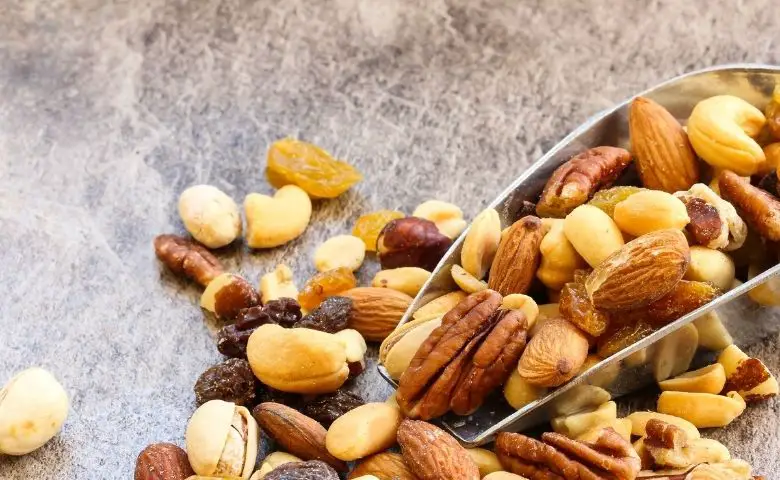
These healthy snacks are packed with fiber, amino acids, vitamins, omega-3 fatty acids, and minerals. Moderate consumption of dried fruits is advised during pregnancy as they not only give you energy but are quite filling.
They help in the development of the baby’s lungs, bones, brains, cells, nerves, and teeth. Walnuts, hazelnuts, almonds, pistachio, cashews, and dates are one of the best foods to consume during your pregnancy. They also help prevent constipation, helps control blood pressure, and thickens your uterus muscles.
10. Oatmeals:
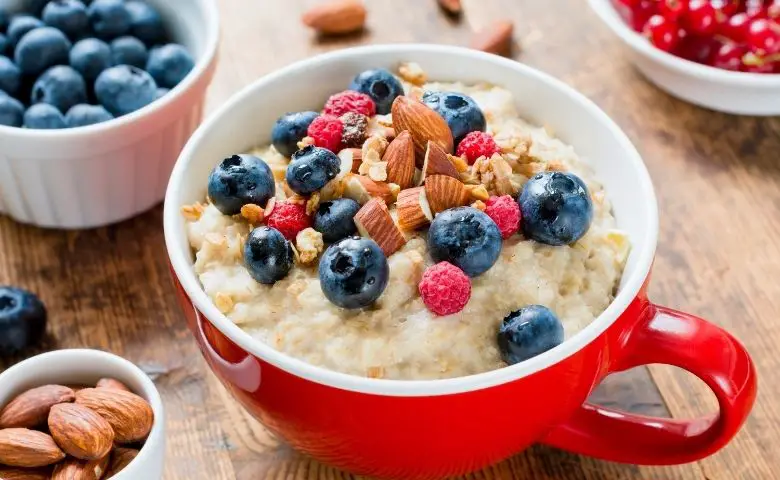
Fortified oatmeals contain a lot of nutrients that are essential in the prenatal stage. Women need to consume 400 to 800 micrograms of folate daily and having oatmeals for your breakfast is an excellent way to consume it. They are a great source of energy as are carbohydrate-rich.
They also contain calcium, selenium, magnesium, and manganese that aids in the development and growth of the baby.
11. Dairy products:
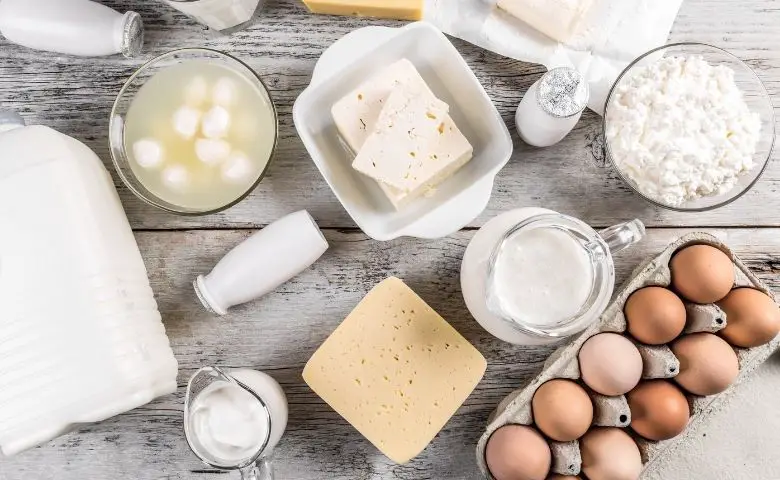
During pregnancy, consuming extra protein and calcium is important for the growth of the baby. Calcium is required for the development of the baby’s teeth & bones.
It also helps build muscles and aids in blood clotting. Inadequate consumption of calcium can lead to osteoporosis (a condition wherein the bones become weak and brittle). So make sure to include dairy products in your diet such as milk, yogurt, cheese, etc.
12. Berries and kiwis:
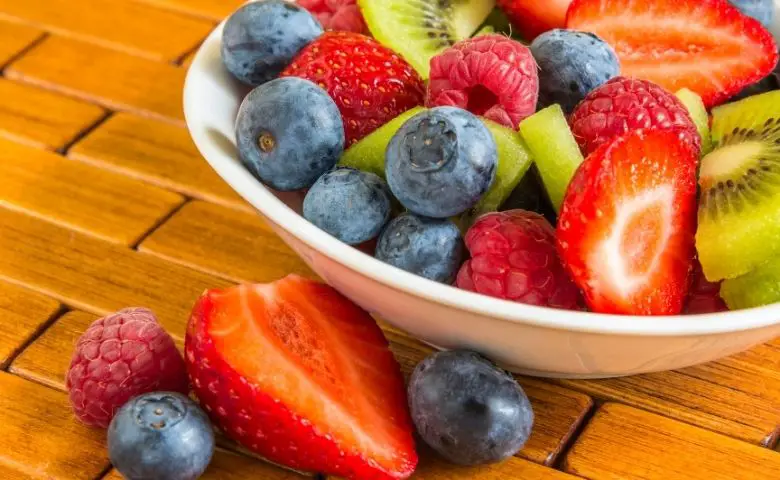
Fruits are one of the best foods to eat during pregnancy. Kiwis and berries are a powerhouse of healthy fats, carbs, folate, vitamin K, C, E, dietary fiber, antioxidants, and potassium. Fruits also play a crucial role in building healthy skin cells, assists in cognitive development, and helps manage your hormonal levels.
Berries and oranges contain lots of water which keeps dehydration away. The vitamin C in them helps in iron absorption and boosts the immune system.
On the other hand, kiwis have folic acid, which is a necessary nutrient for both – the mother and the baby. Bananas are packed with potassium, which helps increase energy levels. Whereas, apples are rich in fiber and prevent hemorrhoids.
13. Salmon and Sardines:
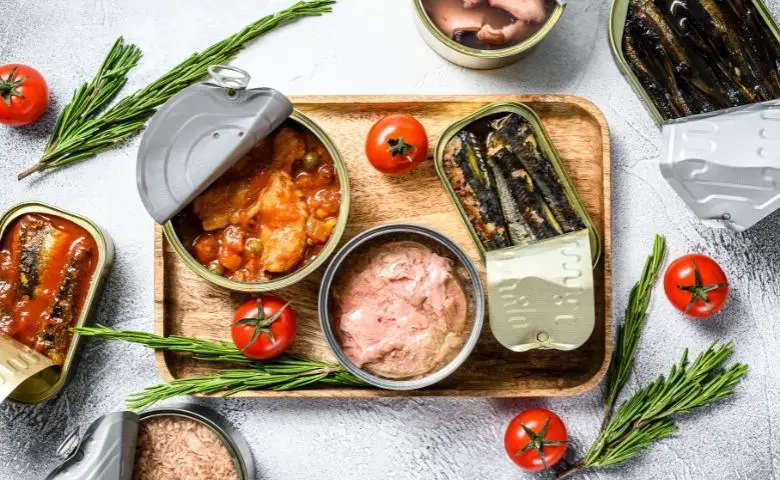
Fish with high mercury levels should be avoided as they can be harmful to the women’s kidneys, immune system, and nervous system. When eating fish, stick to salmon and sardines as both are rich in calcium and do not contain any mercury.
They help build the eyes and brain of the baby. They also contain Vitamin D, which is a vital element for bone health and immunity.
14. Water To Staying hydrated:

We all need water to survive, staying hydrated especially when your pregnant is crucial as it helps absorb nutrients and vitamins that the fetus requires. They also resolve problems faced by pregnant women due to dehydration such as headaches, anxiety, and mood swings.
Drinking plentiful water also prevents constipation, eliminates the risks of urinary tract infections, which are common difficulties faced by expecting mothers.
Final Words on Nutrition During Pregnancy
Pregnancy brings with it many challenges that can affect your physical, mental, and emotional balance. The right diet of healthy and nutritious foods can help you deal with all challenges much more efficiently. It will also ensure the good health of the mother and the fetus.
More importantly, it will eliminate the risk of complications ensuring you have a healthy pregnancy. Apart from nutritious food, you should always stick to your prenatal vitamins pre and post-pregnancy.
During pregnancy, the fetus needs a lot of nutrients and vitamins for the healthy growth and development of organs, tissues, nerves, and cells. A balanced diet will also prevent birth risks, and ensure that the mother’s body is equipped to deal with any changes holistically.
Along with the right pregnancy diet, visiting the gynecologist is also important during the different stages of pregnancy. They can help monitor the health of the baby and mother, and any issues can be gauged early to prevent complications later on.
For more information on what to eat and avoid during pregnancy, check out this detailed infographic that covers all you need to know about pregnancy nutrients.
Related Articles:
First Trimester Of Pregnancy: Ultimate To-Do List
11 Morning Sickness Home Remedies In Pregnancy
7 Benefits Of Using Doula Services For Your Birth
9 Reasons To Consider Giving Birth At Home
Tips To Treat Cough And Cold During Pregnancy
Don’t Forget To Pin It For Later!

Nutrition During Pregnancy: 14 Best Foods to Eat
Joanna Coggins
Joanna Coggins is a Digital Strategist at Womens Healthcare. She not only creates engaging content for the website, but also handles SEO, social media, and digital PR. She specialises in writing healthcare-related content including but not limited to food & nutrition, exercise, mental health, among others. She has years of experience in the healthcare niche, which helps her to create effective digital strategies that drive measurable returns. In her words, ‘My goal is to inspire people to get healthier through practical and simple tips that help make a positive impact on their life.’ Outside work, she loves travelling and meeting new people.

yes, all information is really helpful for all women who don’t know what to eat during pregnancy and how to stay fit while growing a fetus inside, they should follow these healthy steps to stay fit and birth a healthy baby.